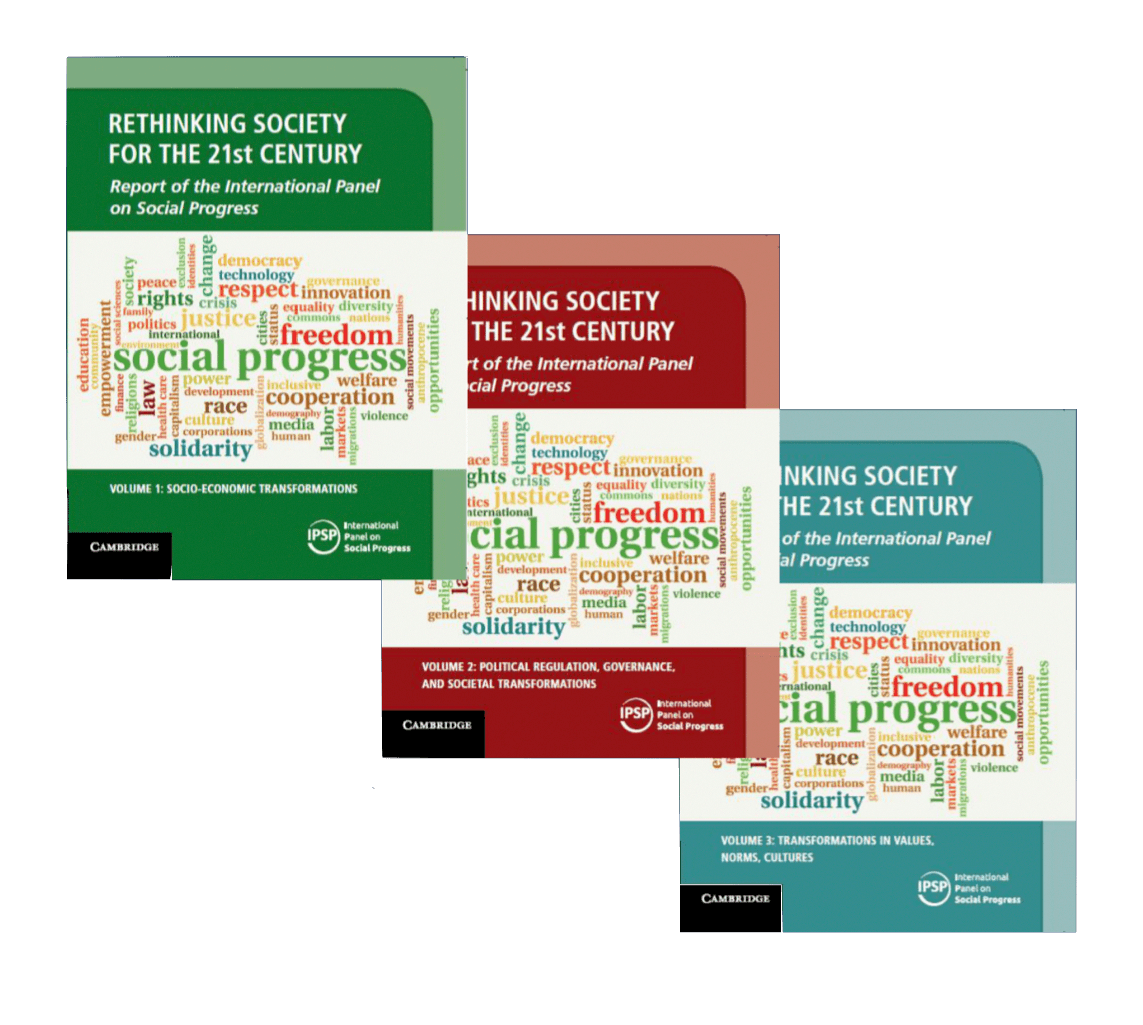Volume 2: Political Regulation, Governance, and Societal Transformations
Our concern in this chapter is democracy and the rule of law as conditions for social progress. Democracy is at its most basic, rule by the people This encompasses universal suffrage, free competitive elections, alternation in government and the absence of obstacles to participation in public life. Conceptions of democracy, however, have beenl extended to other sites, including the workplace and the community, and even theinternational order. The idea of democracy has been expanded beyond representative democracy and passive participation through elections, towards new forms of participative democracy. Democracy requires an institutional framework for its own protection to secure civil equality, without which it would be meaningless in practice. It has to protect against arbitrary government and the tyranny of majorities; to protect minority rights; to sustain opposition; to provide predictability and security; and to safeguard against corruption. This is where the rule of law comes in. This requires an impartial legal system, free from political coercion, and the equality of all citizens before it. In the past some conceptions of the rule of law were quite conservative, focused on defending existing privileges and property rights against the spread of democracy and demands for equality. The political left in some countries (such as the United Kingdom) were wary of charters of rights and legal limitations on the scope of government, fearing the rule of lawyers and of private interests. This opposition has largely disappeared. Yet in our day, there remains the danger that the law will be captured by private power holders.

